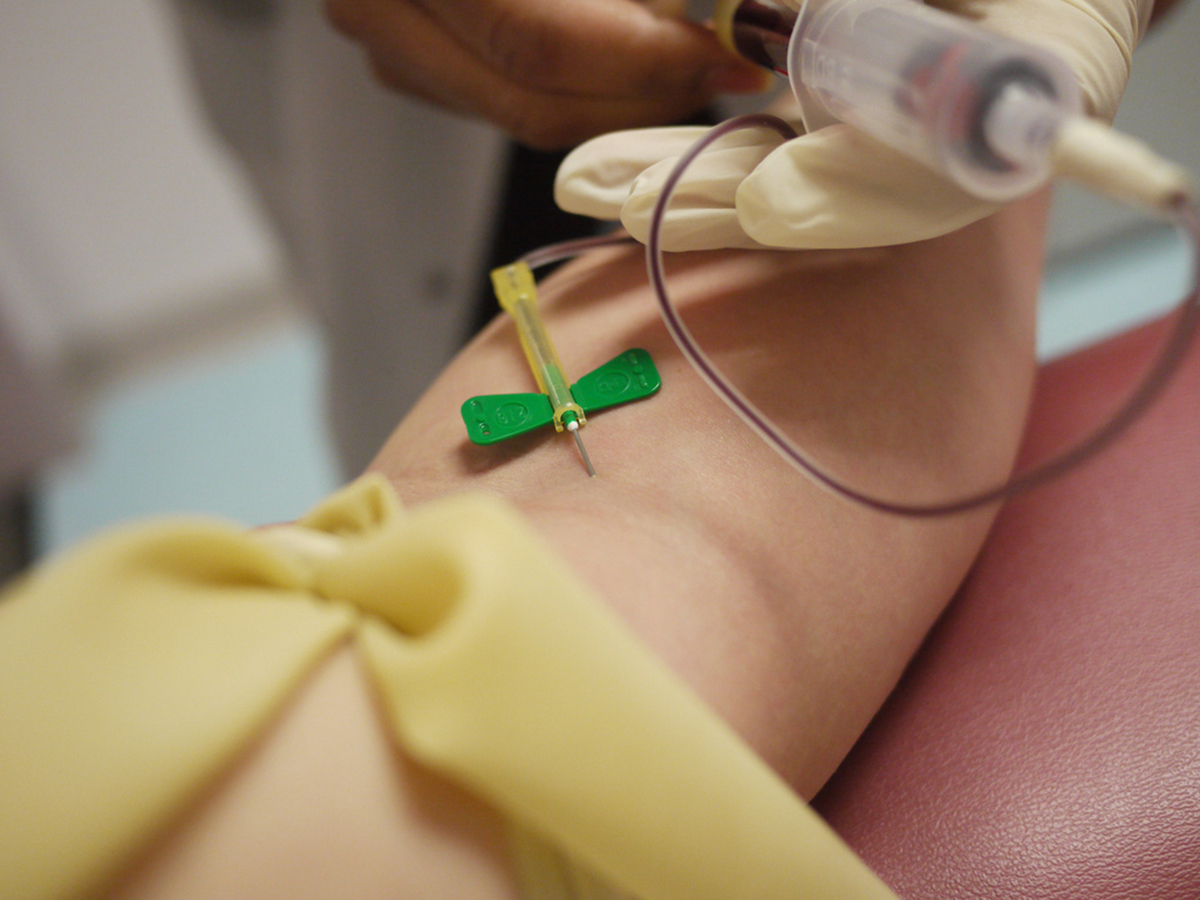Table of Contents
Lymphocytosis
Your lymphocytes make up between 20 and 40 percent of your white blood cell population. An increase in their count (lymphocytosis) often translates to an overall increase in WBC count on your lab test results.

An increase in your lymphocyte count is often related to certain acute and chronic infections as well as malignancies of the lymphoid system. The culprits can include:
- Acute infections such as pertussis, cytomegalovirus infection, toxoplasmosis, Epstein-Barr virus infection, and viral hepatitis
- Chronic infections such as tuberculosis and brucellosis
- Chronic lymphocytic leukemia
- Several viral illnesses such as infectious hepatitis, infectious mononucleosis, and respiratory syncytial virus infections
- Connective tissue diseases
- Addison's disease
- Thyrotoxicosis
- Splenomegaly (enlargement of the spleen)
Eosinophilia
The eosinophils are cells that are involved in allergic and immunologic events. An increase in absolute eosinophil count (> 0.5 X 109/L) is considered as eosinophilia. The most common causes of elevated eosinophils include:
- Allergies including allergic asthma, hay fever, and eczema
- Drug hypersensitivity
- Dermatological (skin) conditions such as dermatitis herpetiformis and pemphigus
- Parasitic infections such as visceral larva migrans
- Infections such as scarlet fever, leprosy, chorea, genitourinary infections
- Immunologic disorders such as rheumatoid arthritis and lupus erythematosus
- Certain lung conditions such as Löffler's syndrome
- Malignancies such as Hodgkin's disease and non-Hodgkin's lymphoma
- Chronic myelogenous leukemia
- Sarcoidosis
- Addison's disease
Monocytosis
The monocytes are the largest type of white cells and their main function is to attack bacteria and viruses that invade your body, as well as dead or foreign substances in the body. Monocytosis is defined as an increase in monocyte count (> of 0.95 X 199/L). It is commonly caused by the following underlying conditions:
- Bacterial infections such as tuberculosis, brucellosis and subacute bacterial endocarditis
- Viral infections such as infectious mononucleosis and other infections (kala azar, Rocky Mountain spotted fever, malaria,)
- Chronic myelomonocytic leukemia and monocytic leukemia
- Hodgkin’s disease
- Metastatic cancer, lung cancer, and other cancers
- Recovery phase of an acute infection.
- Autoimmune disease such as systemic lupus erythematosus, ulcerative colitis, rheumatoid arthritis, and inflammatory bowel disease.
Basophilia
The basophils are cells involved in inflammatory responses and these cells release substances such as histamine. Together with mast cells, they participate in the events that occur during allergic reactions and anaphylaxis. An increase in basophils (basophilia) is uncommon as a cause of leukocytosis. It may be due to:
- Viral infections such as chronic sinusitis and varicella
- Inflammatory conditions such as chronic dermatitis and inflammatory bowel disease
- Chronic myelogenous leukemia, myelofibrosis, polycythemia vera
- Chronic hemolytic anemia
- Hodgkin's disease
- Hypothyroidism
- Splenectomy
Treatment Of Leukocytosis
Leukocytosis may be a sign of a disease, but in most cases there is no specific treatment for it. A high white blood cell count is usually found after the doctor has ordered blood tests to diagnose a condition you are experiencing, frequently because you will seek medical attention for specific symptoms. Together with the results from other tests, a complete blood count that reveals a high white blood cell count may help identify the cause of your illness, but your doctor is likely to recommend other tests to further evaluate your condition.
See Also: Leukemia: The Blood Cancer
In most cases, the treatment of a disease such as an infection or allergic reaction will result in improvement and normalization of your white blood cell count. However, in serious cases involving disorders of the bone marrow where the blood cells are produced, more intensive therapy may be needed.
- Mayo Clinic. High white blood cell count. http://www.mayoclinic.org/symptoms/high-white-blood-cell-count/basics/causes/SYM-20050611
- Medscape. Leukocytosis. http://emedicine.medscape.com/article/956278-overview
- AAFP. Leukocytosis: Basics of Clinical Assessment .http://www.aafp.org/afp/2000/1101/p2053.html
- Photo courtesy of SteadyHealth
- Photo courtesy of Thirteen Of Clubs by Flickr: www.flickr.com/photos/thirteenofclubs/5457364899/
- mayoclinic.org
- medscape.com
- aafp.org

